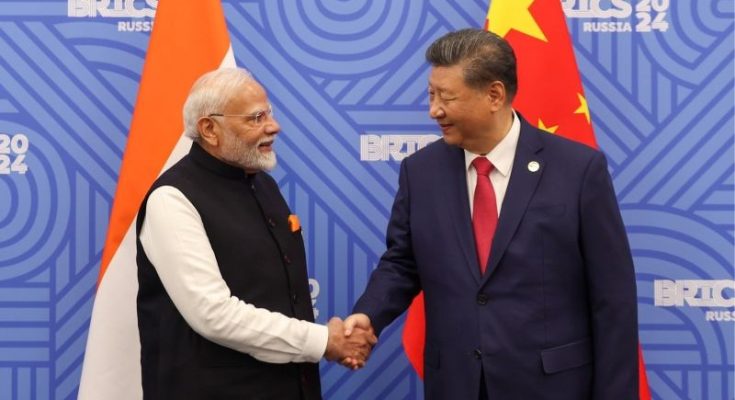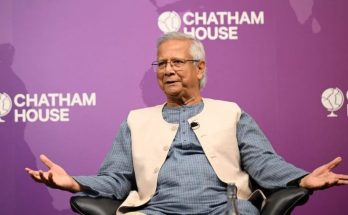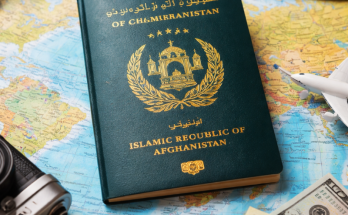#India # China # Beijing # New Delhi # Donald Trump # United States # trade war # tariffs # US Tariffs
Beijing/IBNS-CMEDIA: US President Donald Trump’s trade war and imposition of 104 percent tariff on Beijing has brought China close to India in a massive bilateral development between the two Asian giants.
Yu Jing, spokesperson of the Chinese Embassy, has sent out a message for New Delhi stating India and China, who share a relationship based on “complementarity and mutual benefits”, should overcome the “difficulties” together.
In a long X post, Yu Jing said, “China’s economy is underpinned by a system that ensures steady growth, and produces positive spillovers. Chinese manufacturing is built on a complete and continually upgrading industrial system, sustained investment in R&D, and a strong focus on innovation.
“China is a firm defender of economic globalization and multilateralism, which has injected strong impetus into the world economy, contributing to around 30 percent of global growth annually on average. We will continue to work with the rest of the world to safeguard the multilateral trade system with the World Trade Organization (WTO) at its core.”
The spokesperson added, “China-India economic and trade relationship is based on complimentarity and mutual benefit. Facing the U.S. abuse of tariffs, which deprives countries, especially Global South countries, of their right to development, the two largest developing countries should stand together to overcome the difficulties.
“Trade and tariff wars have no winners. All countries should uphold the principles of extensive consultation, practice true multilateralism, jointly oppose all forms of unilateralism and protectionism.”
US imposes 104 percent tariff on China
The United States has officially imposed a massive 104 percent tariff on Chinese imports, triggering tension in the already deteriorated relationship between the world’s two largest economies.
The US move might hit troubled global markets, which have witnessed massive falls in recent days since President Trump announced reciprocal tariffs.
As part of Trump’s reciprocal tariff package, China was already set to see a tariff hike of 34 percent.
However, Trump added an additional 50 percent tariff when China did not back out from its promise to impose 34 percent retaliatory tariffs on US goods by noon Tuesday.
The US had previously imposed a 20 percent tariff on China in March.
India-China relationship
On June 15, 2020, Indian and Chinese troops engaged in a six-hour clash in the rugged terrain of Ladakh, engaging in hand-to-hand combat with makeshift weapons such as stones, batons, and iron rods.
The face-off occurred in near-complete darkness and freezing temperatures, leading to fatalities as soldiers fell or were pushed from ridges.
Twenty Indian soldiers were martyred in the clash, while China officially acknowledged four casualties, although reports indicate higher Chinese losses, as soldiers drowned in the choppy waters of the Galwan River.
Late last year, India and China reached a consensus and agreed to disengage along the border “in a coordinated and planned way”.
Both armies withdrew from their positions to their respective positions on their sides and verified each others’ positions after that.
For over four years, the two countries were engaged in a military standoff along the Line of Actual Control (LAC) following the Galwan clash which took place in June 2020.
In a recent interaction with US-based podcaster and computer scientist Lex Fridman, India’s Prime Minister Narendra Modi said that his government is focused on ensuring that differences do not escalate into disputes.
“Our focus is to ensure that these differences don’t turn into disputes. That’s what we actively work toward. Instead of discord, we emphasise dialogue, because only through dialogue can we build a stable, cooperative relationship that serves the best interests of both nations,” PM Modi told Lex Fridman.





